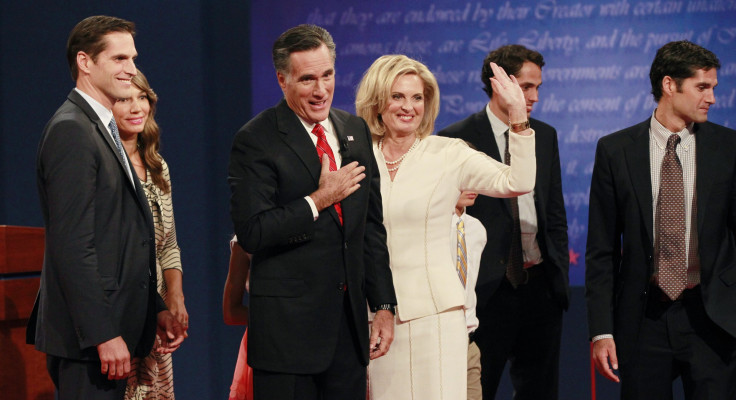Presidential Debate 2012: Romney Apparently Won; Does It Matter?

According to what has become the conventional post-debate wisdom, a subdued and professorial President Barack Obama lost the first presidential debate against Mitt Romney.
But, so what?
Historical evidence indicates debates are not the “game changers” the media likes to sell them as, something the Obama campaign is likely holding close to its heart on Thursday. Political scientists who have analyzed the data have, on multiple occasions, concluded that debates only rarely shift enough voters to decide the outcome of an election.
A comprehensive study of more than 2,000 national polls covering the course of every presidential election from 1952 to 2008 concluded debates usually don’t matter for one simple reason: Most people have already decided who they are going to vote for before the debates even happen. Excluding the 1976 election, the study authors found that “the best prediction from the debates is the initial verdict before the debates.”
According to the authors, the state of the race before the debates -- by which time voters have already been subjected to months of campaigning and fundamental information about the candidates’ policy positions -- is the best predictor of who will win the presidency. If that’s the case, Obama, who entered the debate with an enormous polling advantage in every battleground state, may not have anything to worry about.
Gallup found that most Americans expected Obama would do a better job in the debates than he actually did. While that may not have been the case for the first one, the polling organization simultaneously noted that 83 percent of voters also said there was nothing their respective candidates could say or do during the debates that would make them change their votes.
And then there’s the fact that, as Joan Walsh reports, “Romney shook his Etch-a-Sketch and lied his way through the entire debate.” Fact checkers are already reporting that Romney was not being honest when he said his tax plans would not raise taxes on middle class voters, claimed he did not intend his Massachusetts health care plan to be a model for the nation, and once again implied that Obamacare creates a so-called “death panel” that makes healthcare decisions for individual Americans.
Romney didn’t explain how he would follow through on one of his key campaign promises -- paying down the federal deficit -- without ceding on his other key promise: lowering taxes for the middle class. He insisted he would not cut Pell Grants or the education budget, when all evidence suggests he would. He claimed the Affordable Care Act raised taxes by a trillion dollars and would add trillions to the national debt, which the Congressional Budget Office reports is simply not the case. And Obama didn’t call him out on any of it.
Romney definitely came out of the debate with the winning edge and he’ll probably get the best press coverage of his campaign as a result. We’ll see if it makes the difference he needs to win in November.
© Copyright IBTimes 2024. All rights reserved.





















